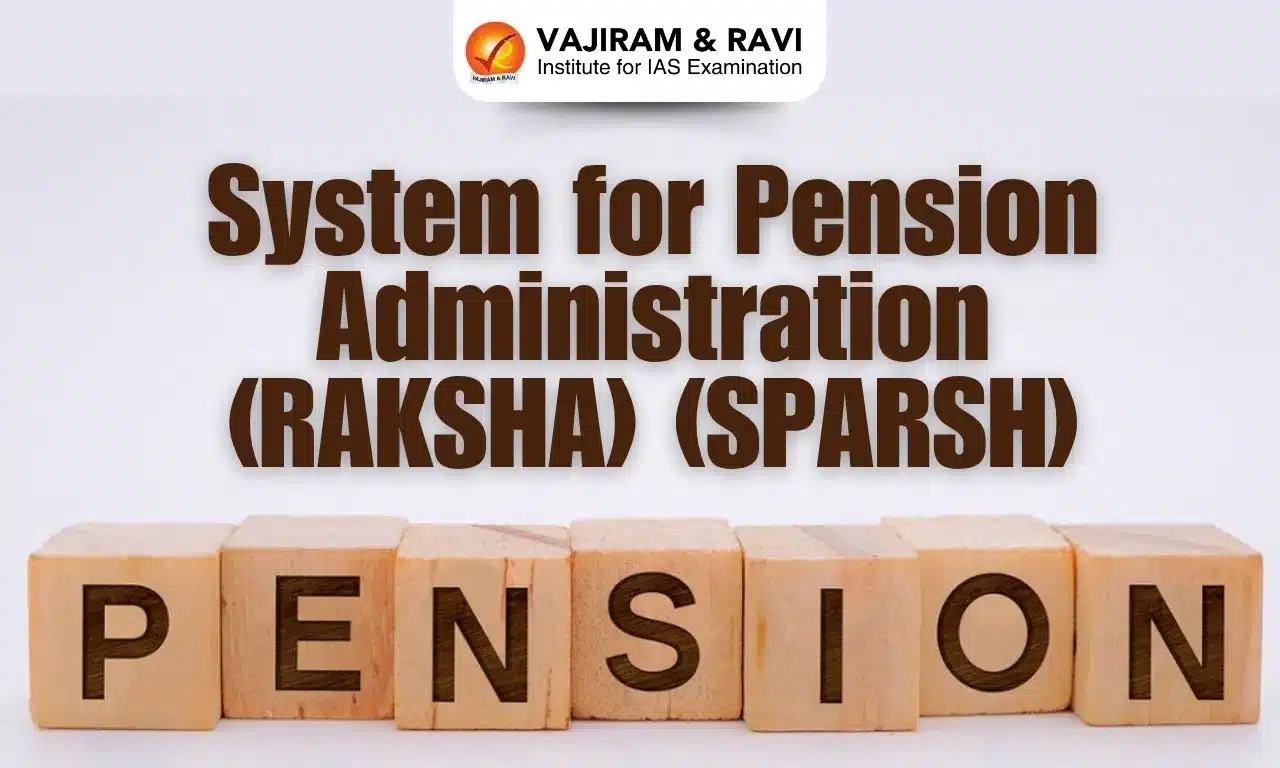About Payment Aggregator-Cross Border (PA-CB)
- PAs-CB facilitates cross-border online payments for import and export of permissible goods and services.
- The RBI has set a minimum net worth requirement of Rs 15 crore for these entities, which will be categorized as PA-CB.
- They will be accountable for ensuring that they do not facilitate payment transactions for the import of any restricted or prohibited goods and services.
- If the amount involved exceeds Rs 2.5 lakh, the PA-CB must carry out due diligence on the buyer as well.
What is a Payment Aggregator (PA)?
- A PA (also known as a merchant aggregator) is a third-party service provider that allows merchants to accept payment from customers by integrating it into their websites or apps.
- It facilitates different types of payment transactions, including cash/cheque, online payments through multiple payment sources, or offline touchpoints.
- It allows merchants to accept bank transfers without setting up a bank-based merchant account. It means a merchant need not have a merchant account directly with the bank.
- A PA in India is incorporated under the Companies Act 2013.
- A PA can be a bank or a non-bank entity.
- Since a PA handles funds, it requires a license from the RBI.
- Only non-bank payment aggregators require unique authorization from RBI as ‘handling funds’ is considered a part of the normal banking relationships for bank PAs.
- Examples: Amazon (Pay) India, Google India, Razorpay, Pine Labs, etc.
What is a Payment Gateway?
- It is a software service that connects your bank account to the platform where you need to transfer your money.
- It authorizes you to conduct an online transaction through different payment modes like net banking, credit card, debit card, UPI, or other online wallets.
- A Payment gateway plays the role of a third party that securely transfers your money from the bank account to the merchant’s payment portal.
Payment Aggregator v/s Payment gateway
- A payment gateway is a software that allows online transactions to take place, while a payment aggregator is the inclusion of all these payment gateways.
- While a payment gateway is an intermediary, the payment aggregator is the interface where the payment gateway processes the transactions.
- Most payment aggregators own payment gateways to offer various exclusive services to their merchant customers.
Q1) What is Unified Payments Interface (UPI)?
UPI is a system that powers multiple bank accounts into a single mobile application (of any participating bank), merging several banking features, seamless fund routing & merchant payments into one hood. It also caters to the “Peer to Peer” collect request which can be scheduled and paid as per requirement and convenience. Each Bank provides its own UPI App for Android, Windows and iOS mobile platform(s).
Last updated on July, 2025
→ UPSC Notification 2025 was released on 22nd January 2025.
→ UPSC Prelims Result 2025 is out now for the CSE held on 25 May 2025.
→ UPSC Prelims Question Paper 2025 and Unofficial Prelims Answer Key 2025 are available now.
→ UPSC Calendar 2026 is released on 15th May, 2025.
→ The UPSC Vacancy 2025 were released 1129, out of which 979 were for UPSC CSE and remaining 150 are for UPSC IFoS.
→ UPSC Mains 2025 will be conducted on 22nd August 2025.
→ UPSC Prelims 2026 will be conducted on 24th May, 2026 & UPSC Mains 2026 will be conducted on 21st August 2026.
→ The UPSC Selection Process is of 3 stages-Prelims, Mains and Interview.
→ UPSC Result 2024 is released with latest UPSC Marksheet 2024. Check Now!
→ UPSC Toppers List 2024 is released now. Shakti Dubey is UPSC AIR 1 2024 Topper.
→ Also check Best IAS Coaching in Delhi















